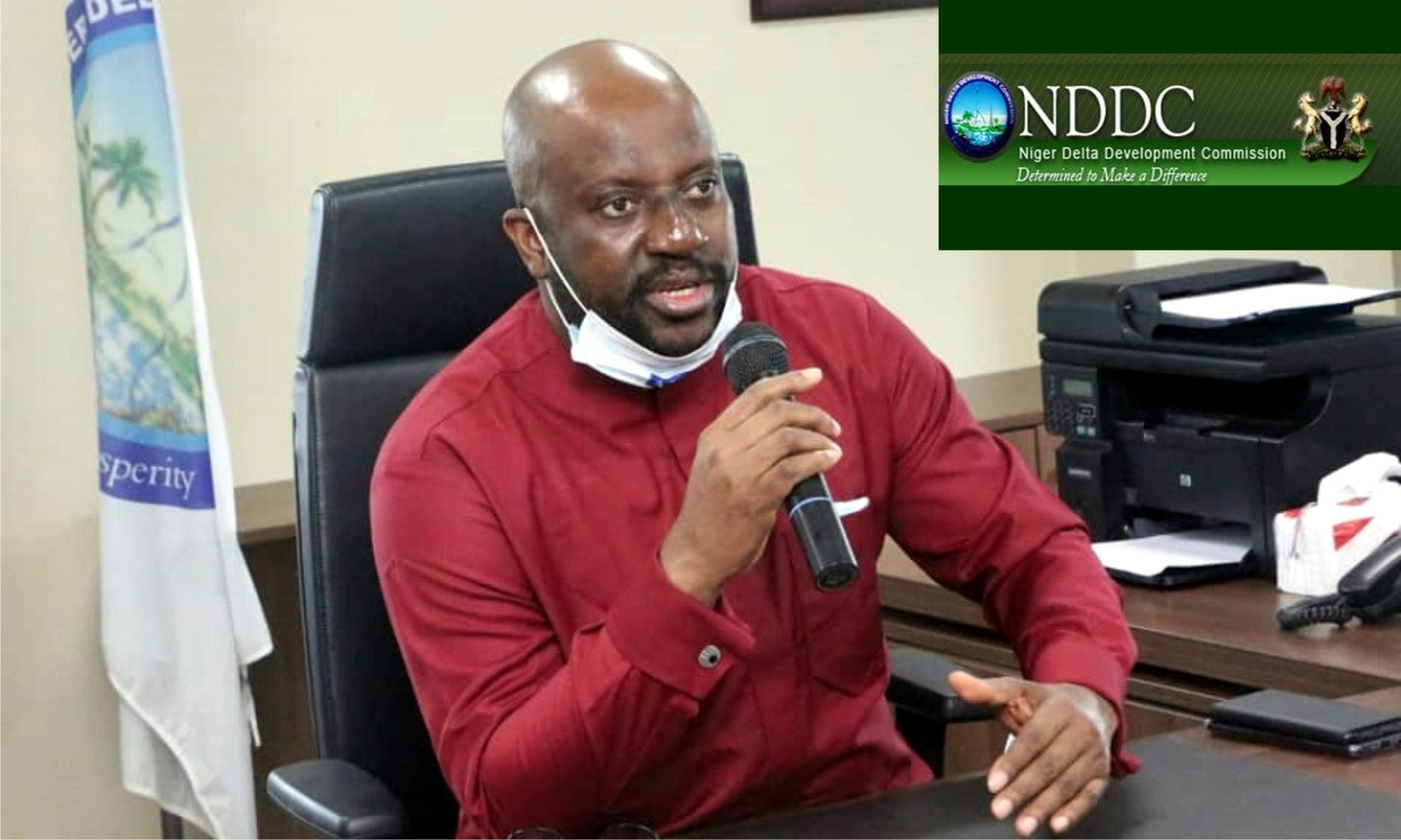Business
Group Urges Review Of NDDC Act

As the probe of the activities of the Niger Delta Development Commission ( NDDC) continues, a group known as Patriotic Forum of Niger Delta (PAFOND), has called for the review of the act that established the commission.
The group said the review would enable the commission deliver on its mandate of developing the Niger Delta.
PAFOND in a press statement made available to The Tide, disclosed that the money accruing from oil revenue to the commission is yet to yield any commensurate result as the oil rich region still lived in abject poverty.
The statement which was signed by the National Chairman of the forum, Comrade Owo Udoh, and the National Secretary, Comrade Daniel Wilson, stated that the Niger Delta had continued to suffer development neglect despite its huge contributions towards the development of the Nigerian economy through proceeds from oil and gas.
The body commended the federal government for the inauguration of an advisory committee for the NDDC, comprising of governors of the Niger Delta States, noting that the move was a welcomed development.
The body urged the federal government to declare a state of emergency on the development of the Niger Delta to address the age-long development neglect in the area, and declared that the people of the Niger Delta should be fully mobilised through the right development incentives to participate in functional economic activities that will enhance the economic livelihood.
The group also called on the federal government and other stakeholders to put a check on the activities of multinationals operating in the Niger Delta and make them to operate according to international standards.
The statement however commended President Muhammadu Buhari over his plans to reposition the commission to live up to its statutory mandate of developing the Niger Delta region.
The forum urged the Minister of Niger Delta Affairs, Senator Godswill Akpabio, to commence the construction of roads in the Niger Delta and embark on other projects that will create meaningful impact on the lives of the people.
The group also called on other Niger Delta indigenes serving in the present federal government, particularly the Minister of Transportation, Chibuike Amaechi, to attract development projects to the Niger Delta.
The group, which expressed regrets over what they called, “infrastructural decay in the Niger Delta”, said development potentials in the oil rich region can be properly harnessed if the budgetary allocations for the development of the region are not diverted into personal coffers.
By: Taneh Beemene
Business
Two Federal Agencies Enter Pack On Expansion, Sustainable Electricity In Niger Delta

Business
Why The AI Boom May Extend The Reign Of Natural Gas

Business
Ogun To Join Oil-Producing States ……..As NNPCL Kicks Off Commercial Oil Production At Eba

-

 Politics4 days ago
Politics4 days agoAPC Releases Adjusted Timetable For Nationwide Congresses, Convention
-

 Sports1 day ago
Sports1 day ago2026 WC: Nigeria, DR Congo Awaits FIFA Verdict Today
-
Sports4 days ago
DG NIS Wants NSC Board Constituted, Seeks Increased In Funding
-

 Business4 days ago
Business4 days agoCustoms Seek Support To Curb Smuggling In Ogun
-

 Featured4 days ago
Featured4 days agoINEC Proposes N873.78bn For 2027 Elections, N171bn For 2026 Operations
-

 Sports4 days ago
Sports4 days agoSWAN Rivers Set-up Five Functional Committees
-
News4 days ago
Police Bust Kidnapping Syndicate In PH
-
Sports4 days ago
NSC Disburses N200m Training Grants To 26 Athletes

